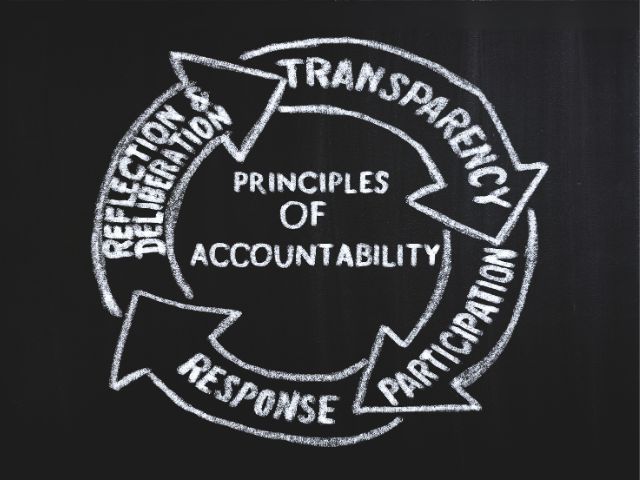What are the Seven Ethical Principles in Nursing?
Accountability
Accountability is one of the most important ethical principles in nursing. Each nurse must be responsible for his or her own choices and actions during patient care. Nurses who hold themselves accountable often provide higher-quality patient care.
Every nurse has a responsibility to make care decisions based only on the facts, not on other factors like the patient’s age, ethnicity, religion, socioeconomic status, or sexual orientation. To uphold this principle, nurses should act as fairly and objectively as possible, which can help patients feel more valued. Treating each patient fairly, regardless of their circumstances, is essential for helping patients accept and participate in their own health care.
This means to do no harm. Nurses have a critical responsibility to prevent further harm from coming to all their patients. Each nurse must take action to prevent harm. This is essential to ensure safe and effective patient care is delivered to the best of a nurse’s ability.
Each nurse should be able to perform their duties using their own knowledge and professional judgment appropriate for each patient. Nurses must act only within their scope of practice yet continue to provide high-quality nursing care. Autonomy is an essential part of all aspects of nursing practice, helping nurses make appropriate decisions based on critical thinking. This principle goes hand in hand with accountability.
Actions that are performed with the intention of benefiting other people. An example of this is a nurse caring for a patient and putting the patient’s needs above their own in the best interests of the patient.
This means keeping your word to your patients. Nurses should be honest and loyal to each patient. Without fidelity, more trusting relationships cannot be formed, which leads to less positive patient outcomes and trust.
Working in healthcare is challenging for many reasons, and in some cases, nurses must communicate unpleasant information to a patient. Veracity in nursing is the ethical principle of being completely open and honest with patients, even if the truth causes distress. Veracity helps patients become more autonomous, making decisions for their care based on all relevant and factual information.








